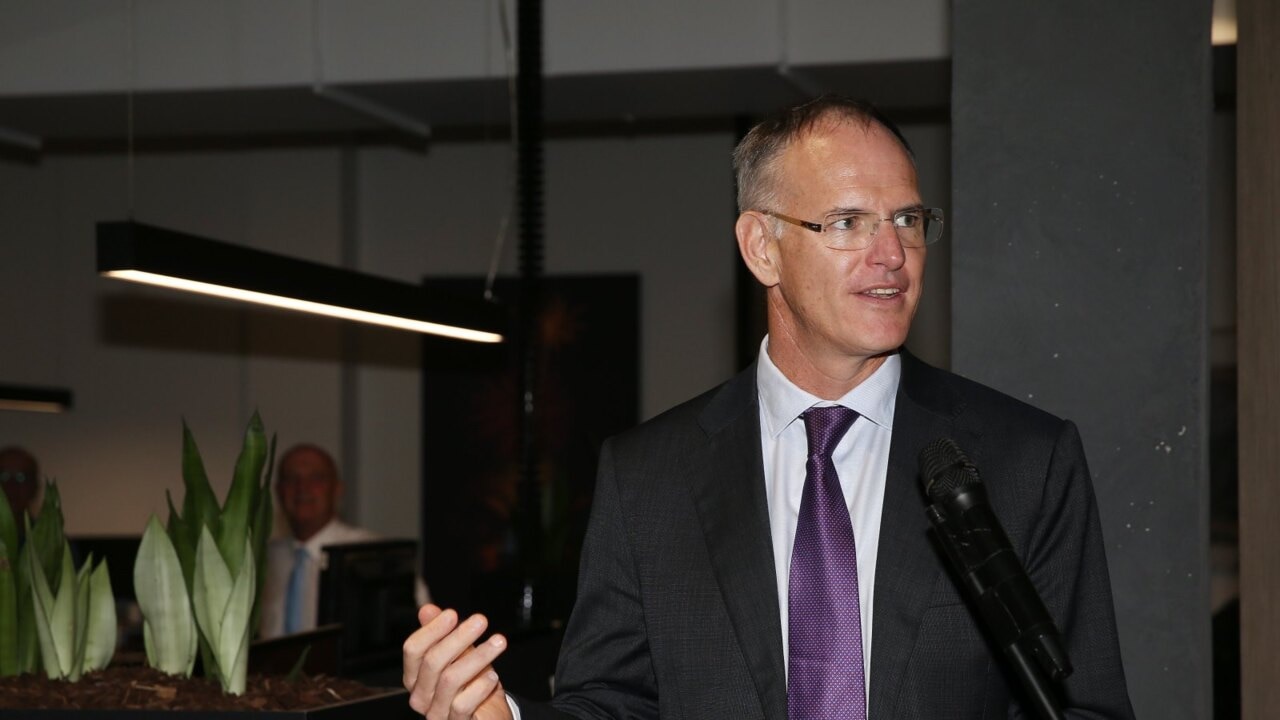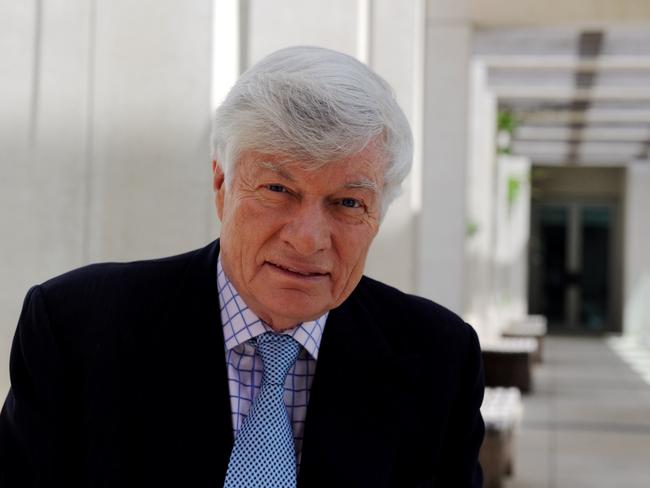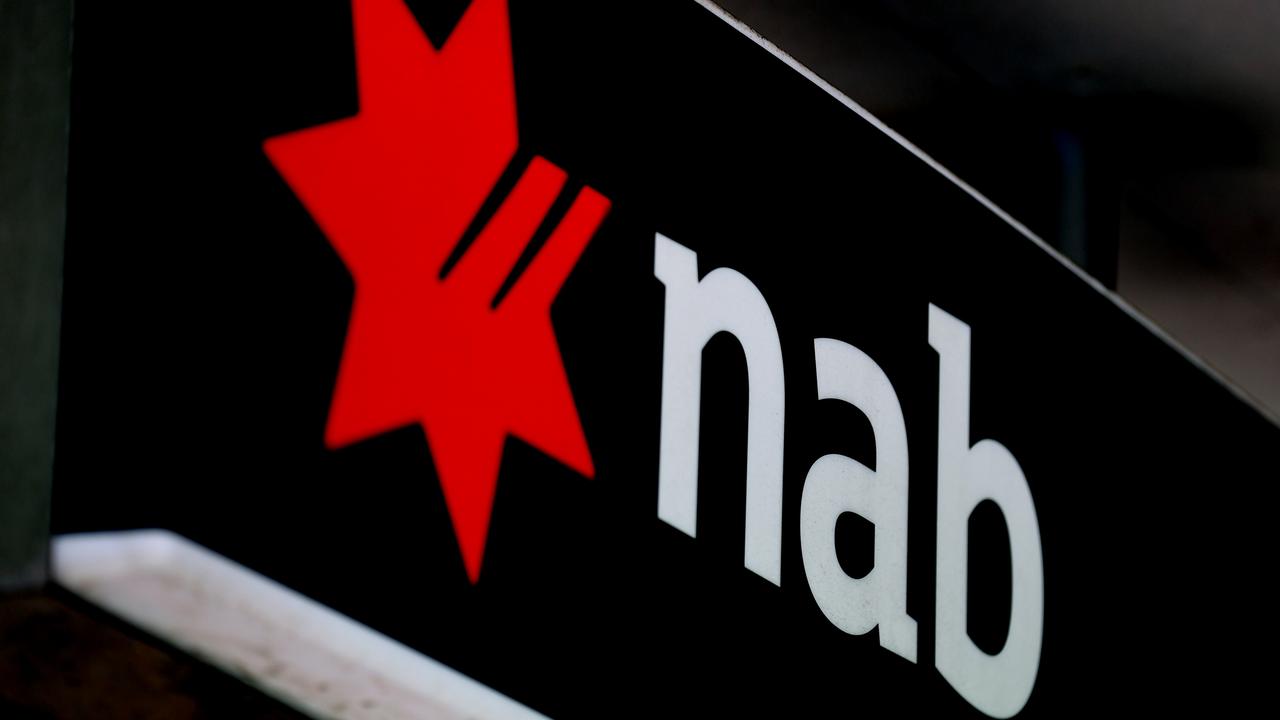Your Right to Know: What stories would you block if you were in charge
Every day the Australian Government makes decisions about what is in the public interest — stopping reporters from letting you know what is happening in our country. Read recent examples and decide which stories you would let publish or perish.

National
Don't miss out on the headlines from National. Followed categories will be added to My News.
Every day the Australian Government makes decisions about what is in the public interest — stopping reporters from letting you know what is happening in our country.
In the poll below we have listed six real-world examples where the government has made an active effort to prevent the public from knowing important information.
Would you have let them publish if you were in charge?
Geoffrey Robertson: Australia a ‘second-rate nation’
Australia looks like a “second-rate nation” because of its draconian laws that allow attacks on journalists and their sources, leading human rights lawyer Geoffrey Robertson, QC, has warned.
The UK-based Australian barrister has backed a campaign, supported by all of Australia’s major media companies including News Corp — the publisher of this masthead — to reform laws in Australia to protect the public’s right to know.

Mr Robertson said more needed to be done to get Australia’s law up to speed with those of the United Kingdom.
“Australia is behind other advanced nations in its failure to protect the media from police harassment. In Britain, for example, they may only obtain a warrant to search journalists’ offices and homes with the Director of Public Prosecution’s approval, by making an application to a judge, which the media can oppose,” he said.
The laws across Europe are strong as well.
Police there are stopped from hunting journalists’ sources and give whistleblowers more confidence in speaking out.
His comments come after raids on the ABC and News Corp Australia journalists, who face potential jail time for receiving classified information.
Their sources could also be jailed for the leaks.
Mr Robertson said Australia should be a leader in media freedom.
“Australia should be better than this. It should be a proud democracy and media freedom is fundamental to democratic accountability,” he said.
“Our police powers over journalists and their sources are making us look like a second rate nation.”
Mr Robertson shares chambers with human rights lawyer Amal Clooney, wife of actor George, who singled out Australia at a media freedom conference in London in July.
Ms Clooney said at the time that other countries would look at Australia’s poor actions and follow its example.
Foreign Minister Marise Payne attended the Global Conference for Media Freedom, where she was forced to defend claims of hypocrisy for attending following the raids.
Sophia Gaston, the Director of the British Foreign Policy Group and a research fellow at the London School of Economics and Political Science, said Australia’s media raids had a chilling effect on free speech.
“Britain was certainly watching the stories coming from Australia about the media raids, and I think there was a genuine sense of incredulity at the heavy-handed approach,” she said.
“While the UK press has not always had a blemish-free reputation, it fiercely and collectively maintains its independence, and I think there is an incredibly solid underpinning of support for its watchdog role amongst the British public.”
She added media freedom was critical to the proper functioning of democracies.
“The right to freedom of the press includes the capacity to investigate issues of potential corruption within the government — even in areas of defence, intelligence and diplomatic policy,” Ms Gaston said.
“Media freedoms are one of the most crucial areas in which we can demonstrate a point of difference from the authoritarian regimes we define ourselves against.”
Australia is ranked 21st in the world for media freedom by Reporters Without Borders, with Estonia and New Zealand ranked higher.
Norway, Finland and Sweden top the list.
FLAWS IN FOI DECISIONS REVEALED
A SPECIAL News Corp investigation has exposed the flaws in the government’s Freedom of Information decision making with two-thirds of denied applications overturned on appeal.
Over the previous three years, FOI reviews on refused applications soared more than 80 per cent — 16 per cent in the past year alone.
Of those progressing to formal review by a third party, 70 per cent of the government denials were overturned.
More Australians are questioning government secrecy, with a spike in the number of people seeking documents under Freedom of Information laws, up 4441 to 38,879 requests.
And an even bigger jump in the number of people asking why their requests were being denied — 928 in the past financial year, up 127.
The Office of the Australian Information Commissioner revealed the startling trend in its annual report this week.
The revelations follow testimony in the Senate’s Press Freedom inquiry that Australia’s FOI laws had become “incredibly difficult” to navigate, and pointed to a “secrecy obsession” festering in Australian government ranks
Information Commissioner Angelene Falk said increasing demand for government information demonstrated the importance of organisations remaining open and accountable to the public.
“Our annual report shows that organisations must act to meet the community’s expectations for information handling and management in a rapidly evolving environment,” she said.
The Commission resolved most of the FOI disputes by negotiating with government officials but, of the 60 written decisions it made last year, more than two thirds of the decisions were changed.
Figures showed 61 per cent of FOI decisions were set aside and substituted as part of the review process, six per cent were changed, and only 31 per cent were upheld.
But the report also showed the Information Commission fell short of its target of resolving 80 per cent of reviews within a year, at just 73 per cent, with reviews completed within an average of 7.8 months.
RELATED
Australia’s ‘draconian laws’ spark global concern
When government keeps the truth from you, what are they covering up?
The slide into secrecy must stop
Australians fear laws denying them basic information
Public Interest Journalism Initiative board member Margaret Simons told the Press Freedom Inquiry that she recently fought an FOI request using the review system, but the process took much longer than it should have.
“The way in which the FOI Act is working now is incredibly difficult,” she said.
“I’ve just come out the end of an FOI request which was eventually successful after an appeal to the Information Commissioner, but it was more than two years from go to whoa. It’s torturous.”
Media Entertainment and Arts Alliance chief executive Paul Murphy said Australians generally understood the need to keep matters of national security and safety under wraps but government departments were increasingly refusing to release even inconsequential documents.
“There was recently a story published which highlighted the fact that an FOI request for the Parliament House lunch menus was resisted and refused and turned into a lengthy battle. It’s an indication of the level that the secrecy obsession is getting to in this country,” he said.
“There’s a very legitimate concern that there is a tendency to overclassify documents that really should be available to the public.”
LETTER’S DIRE WARNING
Allowing a politician to be a final arbiter on deciding who gets criminally prosecuted in Australia was a dangerous position that could send a person to jail “on a whim”, a coalition of media groups has warned.
In a strongly worded letter sent to all 227 MPs and Senators in Canberra, Australia’s Right to Know coalition has rubbished Prime Minister Scott Morrison who in parliament said no one would want to live in a country where politicians had such power.
“We couldn’t agree more and yet we do live in that country,” the letter signed by News Corp Australia executive Campbell Reid on behalf of the coalition stated.
“The Attorney-General — a politician — has the power to decide if journalists will be prosecuted. We believe that laws that put a politician in this compromising position should be amended so this situation does not arise.”

Mr Reid said recent law changes passed by government had made the ordinary work of journalists to keep the public informed a crime and a decision to prosecute or not should not, as it stands now, be left to the subjective assessment or good graces of any individual politician.
He said politicians effectively put themselves above the law whereby they had the right to say anything they liked in parliament with the protection of parliamentary privilege.
“This special circumstance allows you to have the open debates that are so important to democracy,” he wrote.
“Journalism’s role in reporting the workings of democracy to the public is also a special circumstance.”
Mr Reid added no one was seeking a blanket exemption to laws as some detractors had claimed but rather asking for common sense law changes that like politicians, the unique role journalists have in serving society is acknowledged.
“In the countries that share our democratic values this responsibility is enshrined and protected in their constitutions and guiding documents,” he wrote.
“In Australia, there is no such protection for freedom of speech and that is why we are fighting for it now.”
Australia’s Right to Know coalition is an unprecedented action by more than a dozen of the country’s biggest media companies including the ABC, Nine (Fairfax) and SBS to push for law reforms to combat government secrecy and enshrine press freedoms and protections for journalists and whistleblowers.
Originally published as Your Right to Know: What stories would you block if you were in charge


